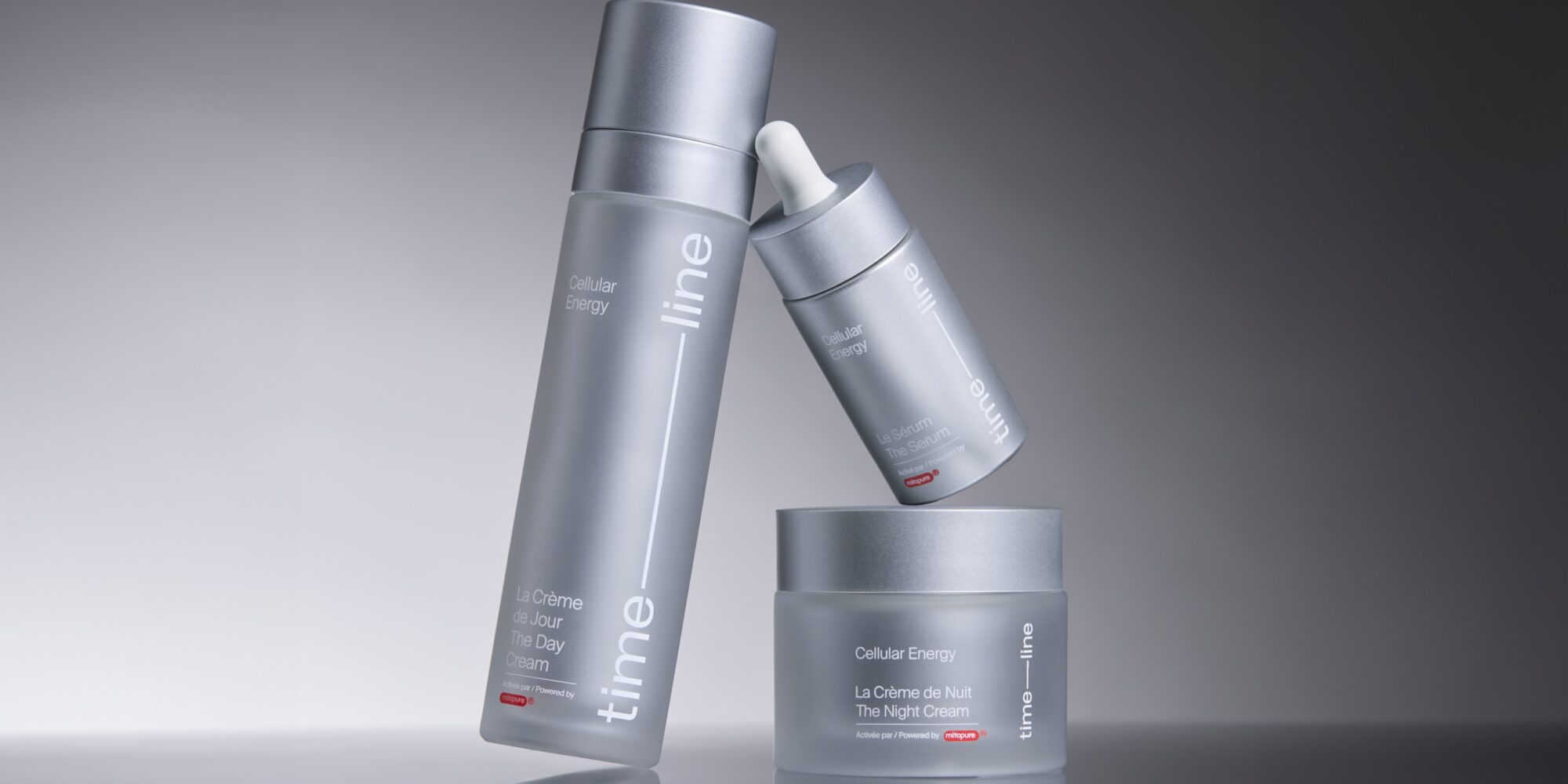
How L’Oréal-Backed Timeline Is Finding Fervent Fans With The Goal Of Becoming “The No. 1 Longevity Company”
Last year, when the Longevity Med Summit held its first-ever conference, Timeline president and co-founder Chris Rinsch spoke at it about his science-centered supplement and skincare company’s breakthrough in immune aging called mitopure, a proprietary form of urolithin A, a postbiotic compound that stimulates the recycling of mitochondria, a generator of cellular energy that degrades with age.
It was just one stop on Rinsch’s multi-stop conference tour. This year, he’s participated in the Global Vitamins & Supplements Conference, Integrative Healthcare Symposium and Aging Research and Drug Discovery Meeting, where Timeline sponsored a session. For Timeline, a presence at longevity, biohacking and supplement conferences, an increasingly expanding genre for scientists, investors and consumer packaged goods companies cozying up to them, are akin to a beauty-centered brand attending Sephoria or BeautyCon.
They corroborate its legitimacy, spread its message and get it in front of health mavens who often proselytize its products in their social circles. “One of the first biohacking conferences I went to, I had dinner there, and I thought, ‘Oh, this is a great opportunity for me to share our product with the people on either side of me at the dinner table,’ and half the table was taking our product,” says Rinsch. “Those people, they feel the results and benefits of our product, and that causes them to want to continue to take it.”
As Timeline attempts to build what Rinsch calls “the No. 1 longevity company,” it’s been showing up where its core consumers he characterizes as “health drivers” or “ageless optimists” are. While their goals aren’t too divergent from consumers of anti-aging products chasing youth and vitality, they validate the products to achieve those goals in different ways and by following different sources. They’re interested in peer-reviewed studies rather than simply reviews from peers, and they’re not afraid to listen to or pore over long-form content rather than limit their attention spans to seconds-long TikTok posts.
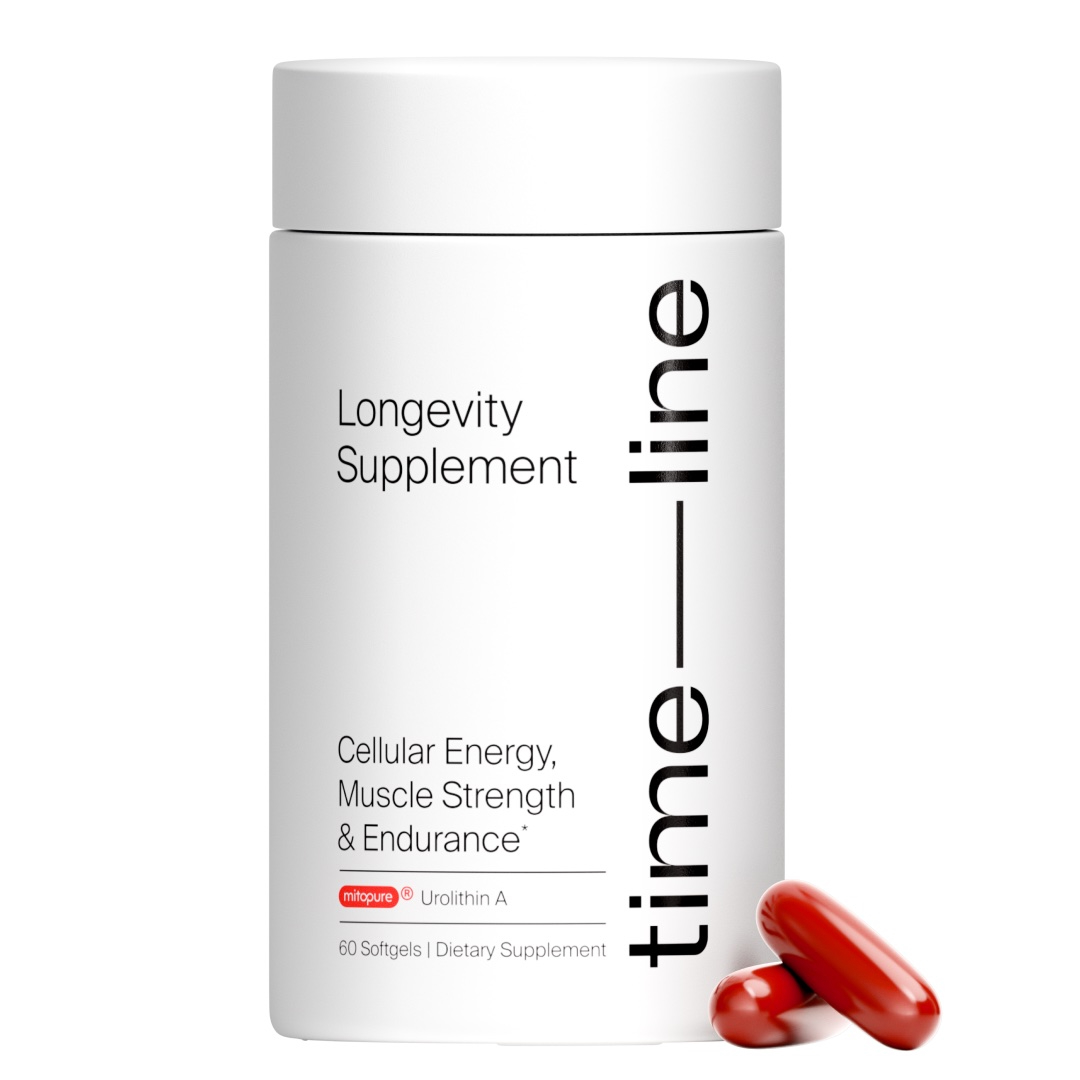
A popular route for supplement brands, Timeline has ventured to podcasts via advertising and organic placements. Examples of podcasts it’s been on are those from neuroscientist Andrew Huberman, physician Mark Hyman and physician Gabrielle Lyon. On Timeline’s website and social media feed, Hyman, holistic nutritionist JJ Virgin and Dave Asprey, the Bulletproof Coffee founder known as the father of biohacking, appear in videos promoting mitopure. In 2021, Elon Musk’s mother Maye Musk was a brand spokeswoman.
Timeline’s customers typically discover it from health and biohacking figures like Huberman or Hyman. Once they hear about it from them, they’ll hop on the internet and search for terms such as “longevity supplements,” “urolithin A” or “mitochondrial supplement.” Timeline is only sold through its direct-to-consumer platform and Amazon, where it can target and capture the engaged early adopters who are optimizing both their nutrition and information intake.
“It all starts with the mitochondria and cellular energy. If you improve that cellular energy and communicate that cellular energy benefit and the effect on muscle health and muscle function, our consumers understand that,” says Rinsch. “Our target market, it’s these health drivers, not because we don’t want everyone to take it, but there’s a process of introducing a new active ingredient onto the market. It starts with those first adopters and then that extends outwards from there.”
Rinsch believes Timeline’s clinical research matters to early adopters. The brand lists 16 clinical and pre-clinical studies on its site in various stages of completion. Rinsch emphasizes it conducts quality studies, including with randomized placebo-controlled trials, and publishes them in quality journals, name-checking “Nature Medicine” and “Nature Metabolism.” In the latter, it reported the results of a four-week in-human clinical trial of mitopure that yielded improved mitochondrial and cellular health in elderly people. A study in the former looked at animal models to examine the effects of urolithin A on lifespan and muscle and detected positive outcomes.
“We were a longevity company before that became fashionable.”
Timeline, which has over 50 patents worldwide, was founded in 2007 as Amazentis, a spinoff of the Swiss Federal Institute of Technology Lausanne, by longtime life sciences investor and innovator Rinsch with investor and former Novartis board member Pierre Landolt, ND Capital senior partner, former Swiss Federal Institute of Technology Lausanne president, doctor and neuroscientist Patrick Aebischer, and André Hoffmann, a billionaire businessman and descendant of the founder of the drug company Roche.
Out of the gate, Rinsch mentions Timeline decided to position itself as a longevity company instead of ingredient company, although it struck a partnership in 2019 with Nestlé to supply the consumer packaged goods giant mitopure. Nestlé acquired an equity stake in the company at the time, too.
“We were thinking about all of the diseases that emerge with age that are slow degenerative type of diseases. The bigger thought was, wouldn’t it be great if we could somehow slow these down or delay these? Normally when you get these diseases, it’s a little bit too late to do anything about them,” says Rinsch. “Can we make smarter nutrition that people can incorporate daily into their lives that can help managing and maintain your body and cells at their optimal levels? So, the idea of longevity was early on in the company. In fact, we were a longevity company before that became fashionable.”
In 2020, Timeline released berry-flavored powder that it envisioned its customers consuming with yogurt and smoothies as part of their everyday routines. About six months later, it released softgels, its current bestseller. Its latest release is a vegan version of the softgels. The powdered supplement and softgels are each priced at $112.50 for a month supply. A year and a half ago, Timeline entered the skincare category with $250 The Night Cream, $250 The Day Cream and $280 The Serum. The Serum is the bestselling skincare product.
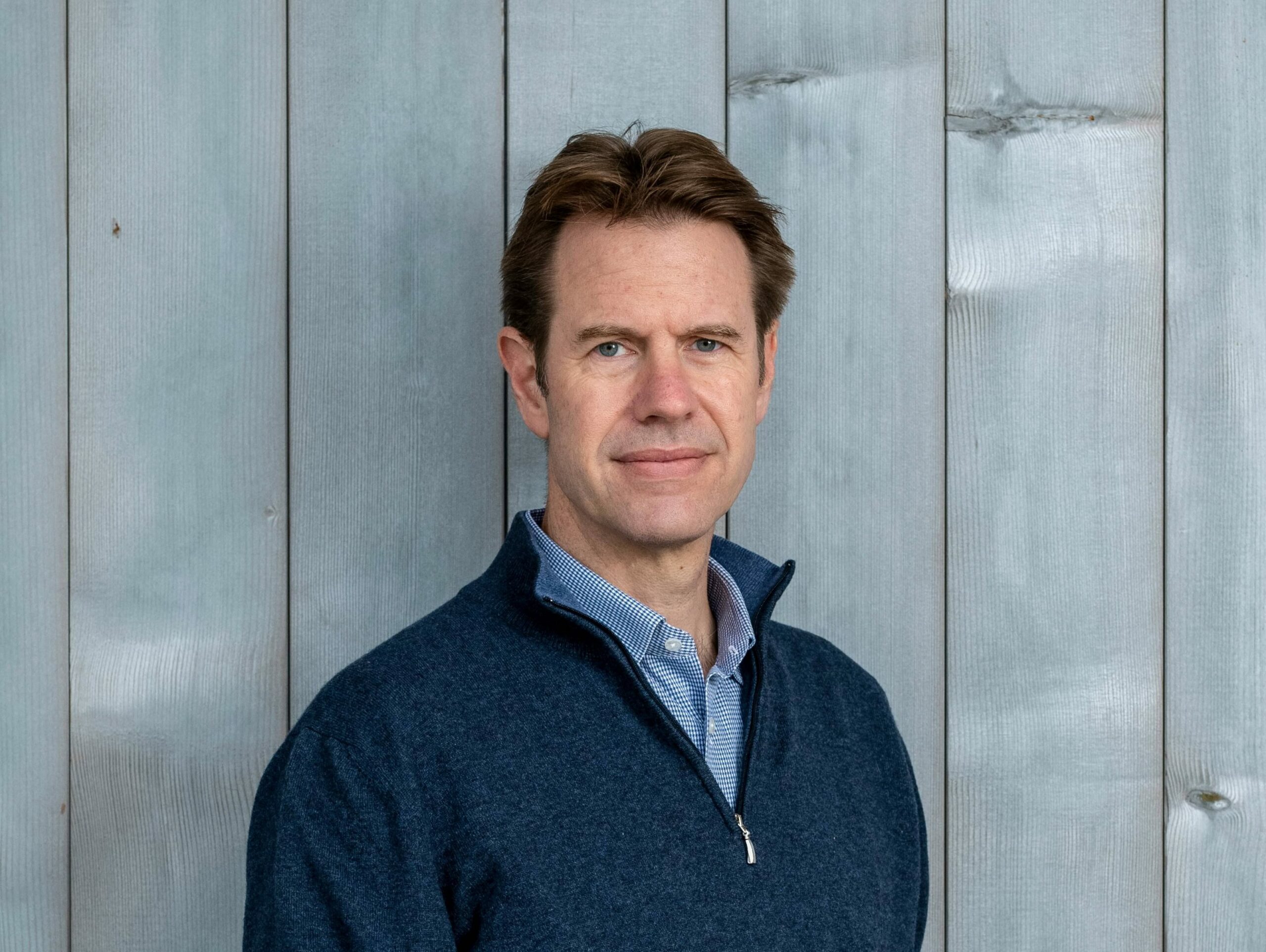
Timeline’s 2023 sales tripled from the prior year, and its sales are on track to at least double this year, according to Rinsch. He says the brand’s repeat purchase rate is “very high” and it will “soon” be profitable. It has around 40 people on staff between Switzerland and the United States, where most of its customers are from. In January, Timeline secured $66 million in a series D funding round that encompassed strategic investments from Nestlé and L’Oréal’s venture capital arm BOLD.
Going forward, Rinsch foresees Timeline branching into online retail ahead of physical retail. He says the brand is developing products tied to specific health benefits and in several formats that star mitopure or feature it in tandem with additional active ingredients. Gummies are a possibility.
In June last year, Brian Ray became Timeline’s CEO, a role formerly held by Rinsch. Ray was previously CEO and co-founder of Garden of Life, a supplement brand that sold to Nestlé in 2017 for $2.3 billion. Rinsch says Timeline isn’t proceeding with “an eye to an exit to one party or another.”
“I’m really pleased to see how all of the key opinion leaders, doctors, nutritionists, etc., have been really embracing the science of the product, talking about it and sharing it with their audiences. This, in turn, causes growth in terms of the awareness of our products so that more people can benefit,” he says. “If we’re able to grow that in terms of an exit, time will tell whether the company will go through an IPO, or will it be acquired? You can’t predict that and to try and plan that in advance is a fool’s game. So, the key is to make something great.”

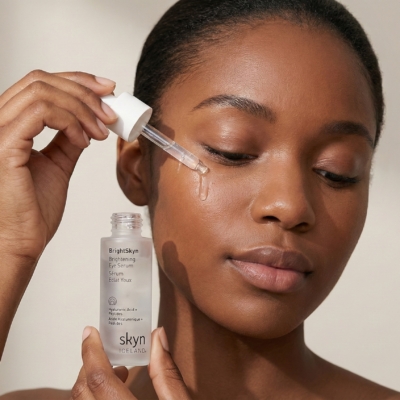
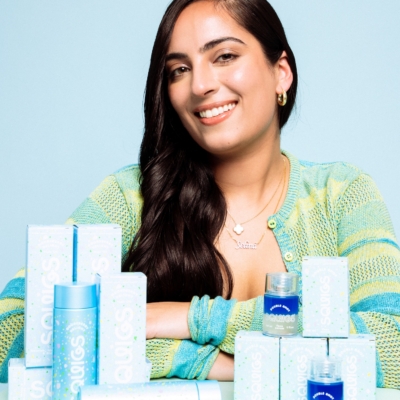
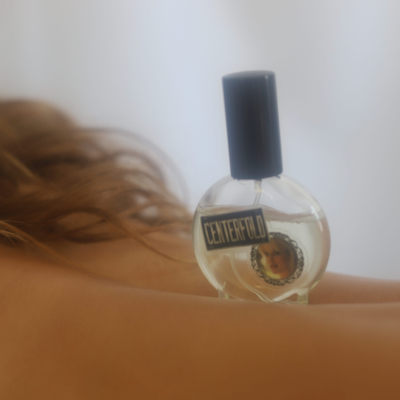
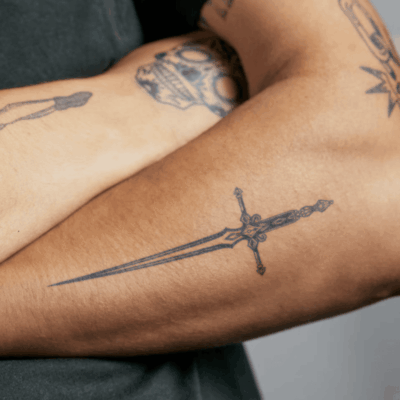
Leave a Reply
You must be logged in to post a comment.